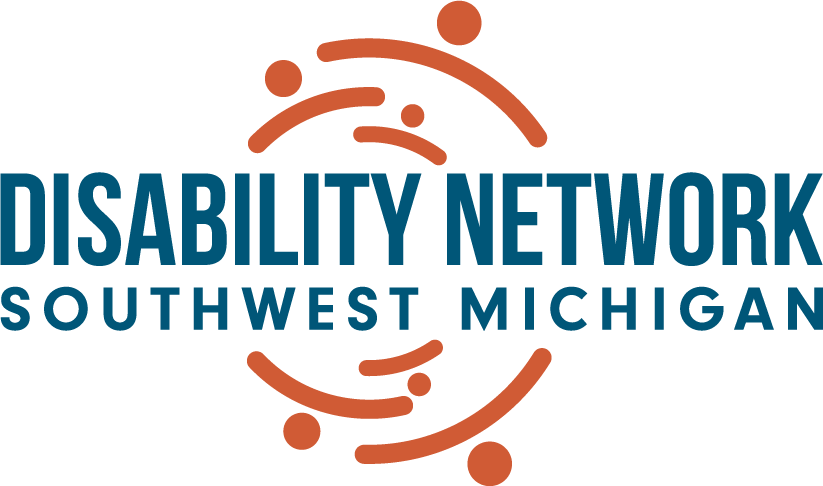Your Voice Counts!
 The highly charged political scene in our country has motivated many people to become engaged in the democratic process. If you’ve never been involved in advocacy, it can be a little intimidating figuring out how to get started or what method of engagement is most appropriate for you. Here are some tips to help you get started.
The highly charged political scene in our country has motivated many people to become engaged in the democratic process. If you’ve never been involved in advocacy, it can be a little intimidating figuring out how to get started or what method of engagement is most appropriate for you. Here are some tips to help you get started.
Contact your elected officials
Remember, elected officials work for you! Your tax dollars pay their salary and they are in office to represent their constituents – that’s you!
To learn who your local elected or appointed officials are, visit your city or town’s website or call your town/city hall to inquire. To find out who your state and federal representatives are, you can go to www.CommonCause.org and click on “Find Your Lawmakers” at the top of the screen. Type in your address and the site will list your state and federal representatives along with links to their websites and contact information.
You can send a letter, email or call your representatives to let them know what issues are important to you and where you stand. You should include your name, address and zip code so they can verify that you live in their district. Many state representatives conduct town hall meetings or coffee hours to meet with the public. You can find that information on their website or by contacting their office.
Join a political party, volunteer with a campaign
or run for office!
If your issues align with a political party or a specific candidate, you can volunteer with their campaign to further the cause. There are usually a variety of tasks volunteers can help with, such as stuffing envelopes, making phone calls, collecting signatures, or going door to door to talk with voters.
If a supporting role isn’t what you had in mind, you can run for office yourself! Determine where you have the most experience and how you can make the kind of difference you want to make. Perhaps you can start at the local level with a County, City or School Board position.
Support organizations that are working on your issues
Find out if there are organizations already engaged in the issues you are most passionate about and lend them your time, talent or financial support. You might support your cause by attending a rally or peaceful protest or by volunteering in any number of ways.
Speak up!
If nothing else, be sure to talk about your point of view with other people – both friends and strangers. Develop your “elevator speech” – a concise but compelling description of the change you’d like to see. Don’t be afraid to engage people in a respectful conversation. Be prepared to make your points and listen to theirs. This can be a little intimidating, so start with your friends and family; the more you do it, the easier it will become.
“The moment you let others speak for you, you lose.”
— Ed Roberts, Disability Rights Advocate
